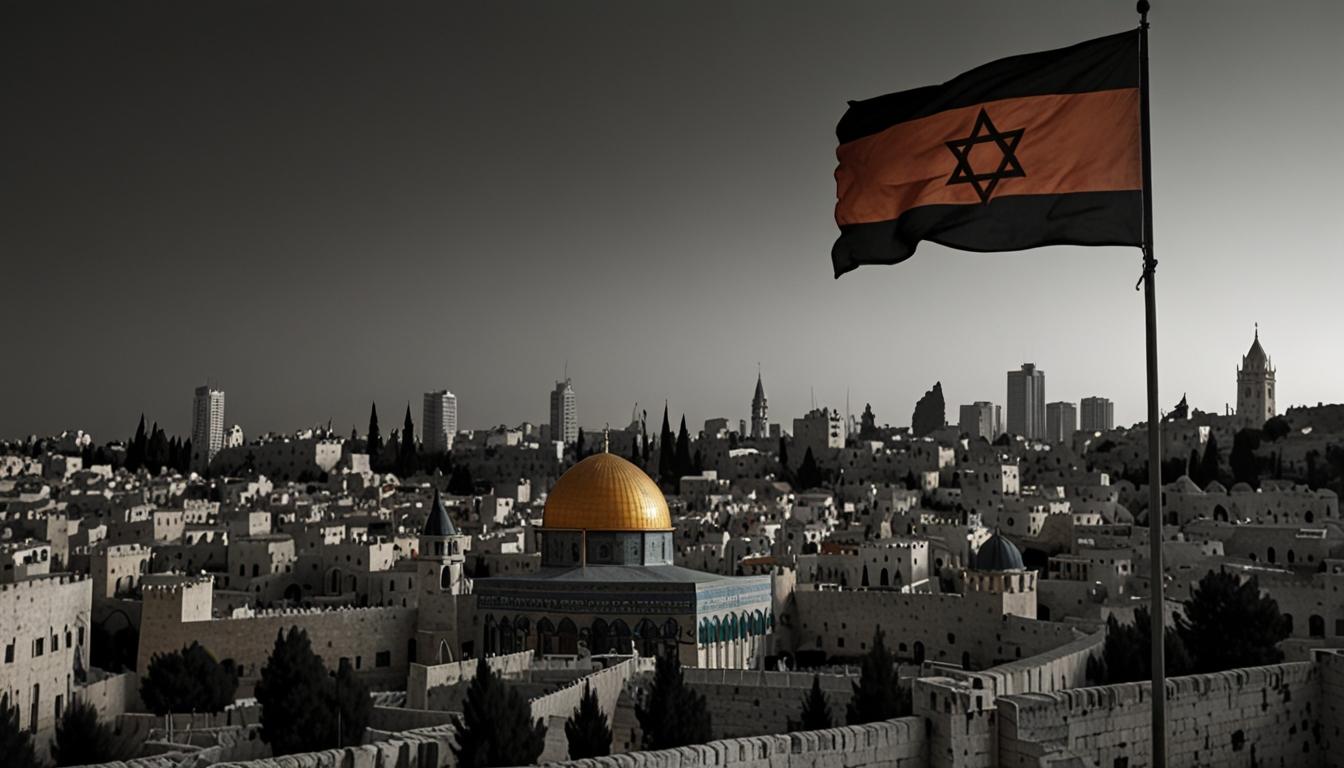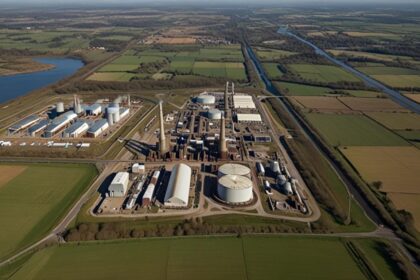Israeli Prime Minister Benjamin Netanyahu’s warning of ‘intense action’ along the Israel-Lebanon border follows escalating violence including Hezbollah rocket attacks and an Israeli airstrike on Gaza. Developments also include a gunman targeting the US embassy in Lebanon, closure of a desert detention camp, and diplomatic recognition of Palestinian statehood by Slovenia.
On June 5, 2024, strong tensions surfaced as Israeli Prime Minister Benjamin Netanyahu announced that Israel was prepared for “intense action” along the Israel-Lebanon border amid ongoing exchanges of fire with Hezbollah militants. This statement came after escalating violence, including recent blazes caused by Hezbollah rockets in northern Israel, which prompted evacuations.
In Lebanon, a gunman targeted the US embassy in Awkar, northeast of Beirut. The attacker, whose motives are unclear, was injured and detained by Lebanese forces. The embassy was closed to the public temporarily. Concurrently, Israel announced plans to phase out the Sde Teiman desert detention camp, following allegations of extreme abuse of Palestinian prisoners.
In Gaza, an Israeli airstrike on Deir El-Balah killed at least 65 people, including women and children. The Israel Defense Forces reported targeted operations aimed at Hamas fighters in the area.
Meanwhile, Jerusalem witnessed the annual nationalist Israeli Flag March, commemorating the 1967 capture of East Jerusalem. The march, which Israelis celebrate but Palestinians view as provocative, saw heavy police presence and preparations for potential clashes.
Turkish President Recep Tayyip Erdogan continued his vocal criticism of Israel amid domestic political pressures and regional developments.
In a broader diplomatic move, Slovenia recognized Palestinian statehood, joining Spain, Ireland, and Norway, reflecting growing European support for the Palestinian cause.
The developments come amid a backdrop of an ongoing and intensifying conflict in Gaza, initiated by an October 7 attack by Hamas on southern Israel. The conflict has resulted in extensive casualties and destruction.













